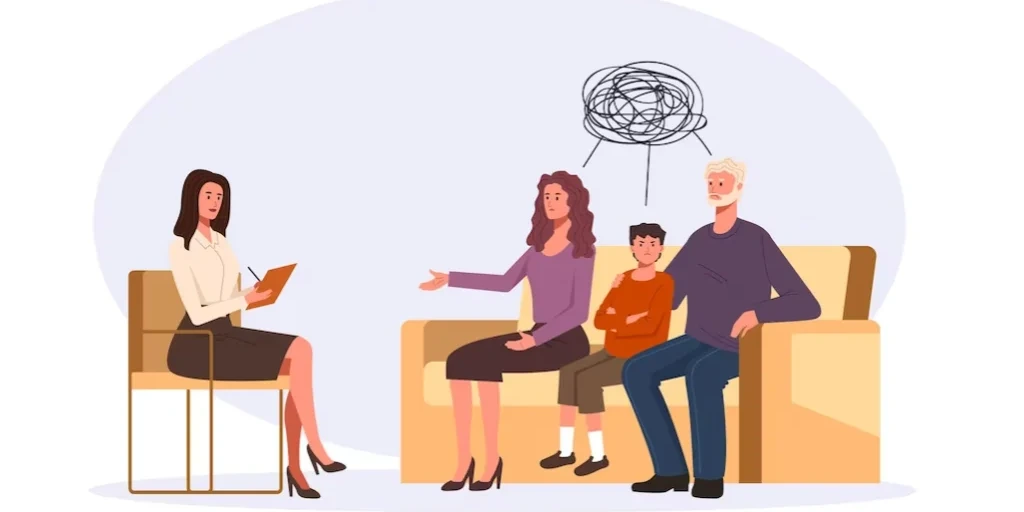24/7 Helpline:
(866) 899-221924/7 Helpline:
(866) 899-2219
Learn more about Alcohol Rehab centers in Cascade Locks
Alcohol Rehab in Other Cities

Other Insurance Options

Evernorth

Amerigroup

Magellan Health

Choice Care Network

Ceridian

Humana

MHNNet Behavioral Health

Cigna

Carleon

Magellan

Access to Recovery (ATR) Voucher

Multiplan

BlueShield

Providence

American Behavioral

Excellus

Sliding scale payment assistance

Meritain

CareSource

GEHA





















